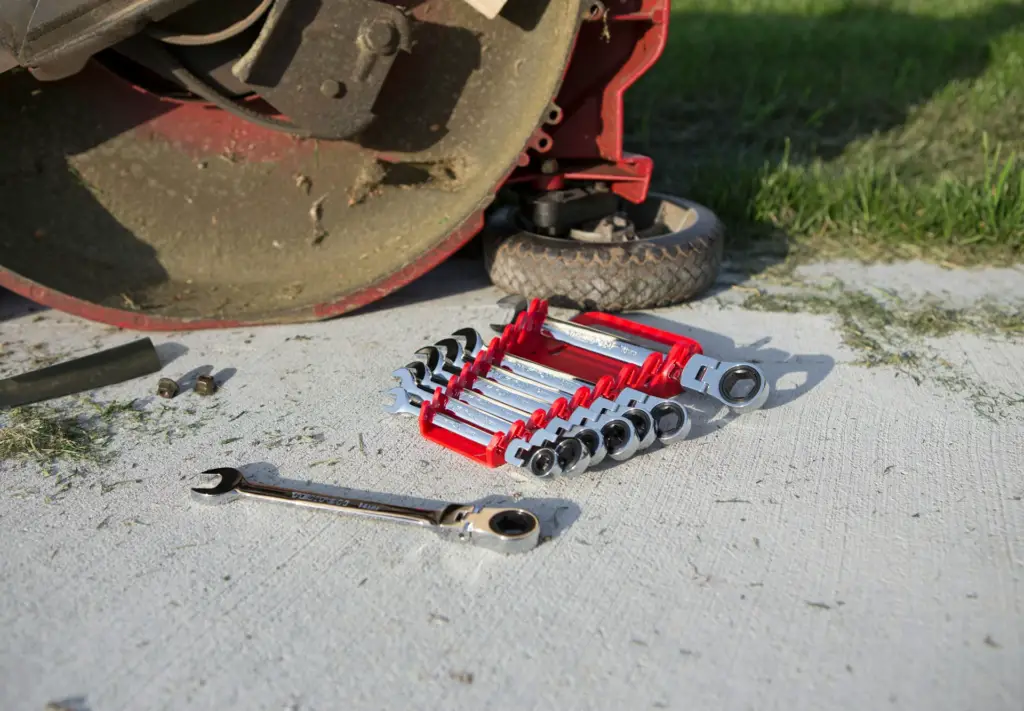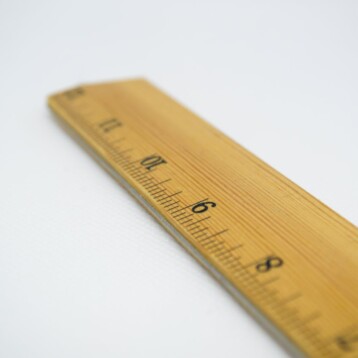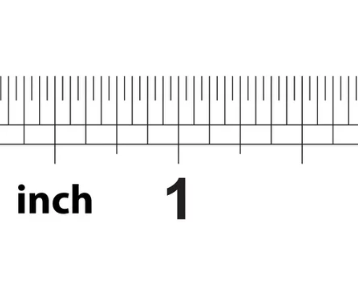
Garden hand tools have evolved significantly over the years, with modern technology offering a range of options that cater to various needs. The two main types of power sources for these tools are electric and petrol (gasoline). Each type has its own set of advantages and disadvantages, making the choice between them dependent on factors such as the size of your garden, the type of work required, and personal preferences.
In this article, we’ll explore the key differences between electric and petrol garden hand tools, covering aspects such as power, convenience, maintenance, and environmental impact.
Power and Performance
Electric Garden Hand Tools: Electric tools are generally known for their convenience and ease of use. They come in two main types: corded and cordless (battery-powered). Corded tools provide continuous power without the need for recharging, while cordless tools offer greater mobility with the trade-off of limited battery life.
While electric tools have come a long way in terms of power, they typically lag behind petrol tools in raw performance, especially for heavy-duty tasks. For example, an electric chainsaw might struggle with cutting through thick tree trunks, whereas a petrol chainsaw would handle the job with ease. However, for lighter tasks such as trimming hedges, mowing small lawns, or edging, electric tools like an electric hedge trimmer are more than sufficient.
Petrol Garden Hand Tools: Petrol tools are known for their superior power and ability to handle heavy-duty tasks. They are ideal for larger gardens or more demanding work such as felling trees, cutting thick branches, or tilling tough soil. The power of petrol tools comes from their internal combustion engines, which provide a higher torque compared to electric motors.
However, the power advantage of petrol tools comes with drawbacks. They are often heavier, noisier, and require more physical effort to operate. Additionally, starting a petrol tool usually involves pulling a starter cord, which can be cumbersome and frustrating.
Convenience and Mobility
Electric Garden Hand Tools: One of the main advantages of electric tools is their convenience. Corded tools are lightweight and easy to start, with just the flip of a switch. Cordless tools offer even greater mobility, allowing you to move freely around your garden without worrying about trailing cords or finding a power outlet.
However, the mobility of cordless tools is limited by battery life. Most batteries last between 30 minutes to an hour, depending on the tool and the intensity of the work. This means that for larger gardens or longer tasks, you may need to invest in multiple batteries or wait for a recharge.
Petrol Garden Hand Tools: Petrol tools offer unparalleled mobility, as they are not restricted by cords or battery life. You can work in any part of your garden, no matter how far from a power source. This makes petrol tools ideal for large properties or remote locations.
On the downside, petrol tools require regular refueling, which can be inconvenient if you run out of fuel in the middle of a job. They also tend to be heavier than electric tools, which can make them more challenging to use for extended periods.
Maintenance and Durability
Electric Garden Hand Tools: Electric tools generally require less maintenance than petrol tools. With fewer moving parts and no need for oil changes or fuel mixing, electric tools are easier to maintain. Most of the maintenance involves keeping the tool clean, checking the battery condition (for cordless models), and ensuring that the power cord is in good condition (for corded models).
In terms of durability, electric tools are generally less robust than petrol tools. The battery life of cordless tools may degrade over time, requiring replacement. However, with proper care, electric tools can last for many years, especially for regular household use.
Petrol Garden Hand Tools: Petrol tools require more maintenance due to their internal combustion engines. This includes regular oil changes, air filter replacements, spark plug checks, and fuel mixing. If not properly maintained, petrol tools can become difficult to start and may suffer from reduced performance.
On the flip side, petrol tools are known for their durability and are often built to withstand heavy use. They are typically made with more robust materials, making them suitable for demanding tasks and professional use. With proper maintenance, petrol tools can last for many years and provide reliable performance.

Environmental Impact
Electric Garden Hand Tools: Electric tools are generally more environmentally friendly than petrol tools. They produce no emissions during operation, making them a cleaner choice for your garden. Additionally, advances in battery technology and renewable energy sources have made electric tools even more sustainable.
However, the environmental impact of electric tools is not entirely negligible. The production and disposal of batteries can have environmental consequences, and the source of the electricity used to charge them may come from fossil fuels. Despite these factors, electric tools are still considered a greener option compared to petrol tools.
Petrol Garden Hand Tools: Petrol tools have a significant environmental impact due to their emissions. The combustion of gasoline releases carbon dioxide (CO2), a greenhouse gas that contributes to global warming. In addition, petrol tools emit other pollutants such as hydrocarbons and nitrogen oxides, which can contribute to air pollution and harm local ecosystems.
The environmental footprint of petrol tools also includes the extraction, refining, and transportation of gasoline, which have their own environmental consequences. For environmentally-conscious gardeners, the impact of petrol tools is a significant drawback.
Noise Levels
Electric Garden Hand Tools: Electric tools are generally quieter than petrol tools, making them a better choice for noise-sensitive areas or early morning work. Corded tools tend to be the quietest, while cordless tools may produce slightly more noise due to the battery-operated motor. The lower noise levels of electric tools can reduce stress for both the user and the surrounding environment, including neighbors and wildlife.
Petrol Garden Hand Tools: Petrol tools are notoriously loud, with noise levels that can exceed safe limits for prolonged exposure. The sound of a petrol chainsaw or lawnmower can be disruptive to the user, neighbors, and local wildlife. For users who prioritize a peaceful gardening experience, the noise levels of petrol tools can be a significant drawback.
In Closing
As the world continues to move toward sustainable practices, embracing electric garden hand tools is a step in the right direction. Whether you’re a casual gardener or a professional landscaper, the advantages of going green with electric tools are clear. By making this choice, you’re not only improving your gardening experience but also contributing to a healthier planet for future generations.









